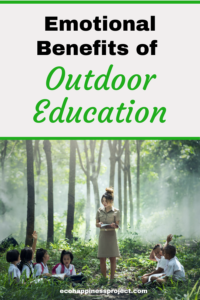 This guest post was written by Eva Petruzziello, Editor-in-Chief of Simple n’ Delight, a website about sustainable living. Eva also currently teaches a split grade half French Immersion class in the inner city of Toronto, Canada. Eva incorporates outdoor education in her teaching and focuses many of her lessons on eco-initiatives. She lives with her husband and two young children. She maintains a healthy lifestyle by eating sustainably, exercising daily, and practicing mindfulness.
This guest post was written by Eva Petruzziello, Editor-in-Chief of Simple n’ Delight, a website about sustainable living. Eva also currently teaches a split grade half French Immersion class in the inner city of Toronto, Canada. Eva incorporates outdoor education in her teaching and focuses many of her lessons on eco-initiatives. She lives with her husband and two young children. She maintains a healthy lifestyle by eating sustainably, exercising daily, and practicing mindfulness.
As a parent and elementary school teacher working in the inner city, I often struggle to keep students motivated, engaged, and attentive. Students are often struggling with family issues, poor nutrition, and problems with self-regulation. The pandemic has only exacerbated these issues, as children have been largely kept indoors. It has made it more difficult for them to concentrate and stay motivated to learn.
Outdoor education programs give children the skills they need to remain emotionally regulated and resilient, while also promoting the mental and physical well-being needed for children to succeed. We are seeing an increase in research about how outdoor education programs are beneficial to children. As a result, I have altered my focus to include more outdoor, cross-curricular activities for both my own children and my students. I have seen a clear connection between outdoor learning and focus. When children are stuck inside all day in a classroom, they rarely engage, have trouble paying attention, and show a lack of self-control. On the other hand, I have found that children are calmer and feel a greater sense of autonomy when given the freedom to conquer challenges while outside.
Benefits of Outdoor Education
Here are a few emotional benefits of outdoor education:
Improves Self-Regulation
Self-regulation is an important emotional skill that children are still learning to control in the primary grades. The confines of indoor space can make some children feel anxious and trapped. In addition, indoor learning often involves a screen or paper and is directed at a certain type of learner. Many children are kinesthetic learners who require the physical dimension to learn. These children can often feel disconnected and have challenges with self-regulation because their needs are not being met.
Bringing experiences outside and giving children clear goals can help with many aspects of self-regulation. Often, louder children become quieter and more controlled when outdoors because they are not restricted by the quiet atmosphere of the classroom. Overall, students are calmer and have a greater ability to self-regulate their behavior when outdoors.
Many lessons can be easily transferred to outdoor learning. For example, when studying symmetry in mathematics, students find it more engaging to study the natural world. Because they find a greater connection in the outdoors, their behavior is more regulated.
Develops a Greater Sense of Purpose
Outdoor education encompasses various learning styles, allowing students to learn intellectually and physically while utilizing all of their five senses. These types of experiences help kids realize how to become involved to accomplish the task at hand, which gives them a greater sense of purpose. When outside, teamwork with other children is often encouraged. This allows kids to feel purposeful in the role they can play in the group and how they can make a difference. All of these aspects of outdoor education ultimately help strengthen their sense of purpose.
Builds Feelings of Gratitude
Gratitude is a key tool for improving emotional well-being. It allows kids to focus on the positive aspects of their lives despite the many hardships they may be facing. Teaching children to have gratitude at a young age cultivates happier adults. Our school has been incorporating the science of gratitude into our programs. As a result, we have seen a vast improvement in emotional behavior. I like to give students time to express gratitude in a designated journal. Bringing learning outdoors can have a big impact on the gratitude children feel in their lives. They often express gratitude for simple things like their pets, a rainbow, the sky, and other aspects of nature. Outdoor education can be an effective way to encourage a positive gratitude practice in children’s lives.
Boosts Understanding
When educational skills are applied beyond the classroom, children acquire a greater sense of connection and understanding. They develop a real-life context of what is being taught and how it can be applied in real-time. When kids gain an understanding of why they are learning something, they have more desire to become invested in the topic. They even feel a greater sense of control over their learning. Any aspect of the curriculum can be easily extended and translated into an outdoor space. Math, science, art, language, health, and physical education can all be enriched when brought outdoors.
How You Can Move Towards Outdoor Education
There are so many emotional benefits of outdoor education for children. You will begin to see your kids develop a greater sense of focus, concentration, and engagement when they break away from many aspects of traditional indoor learning.
Most children are still taught in an indoor classroom setting, but more and more outdoor education options are popping up. If you are interested in exploring this type of education option for your family, check out organizations such as Free Forest School, Forest School For All, and Waldorf Education.
You can also carve out more time for your family to spend outdoors in nature. Citizen science projects are a wonderful way to link learning to the outdoors. Another idea is to sign your kids up for extracurricular activities that take place outdoors, such as nature clubs, sports programs, outdoor yoga classes, outdoor volunteer projects, and nature photography or other nature art programs. And don’t forget summer camp!
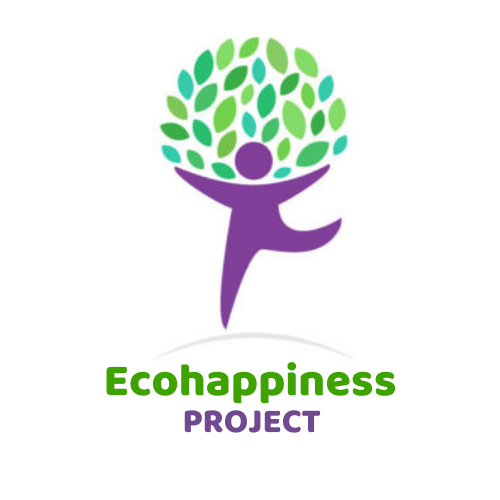
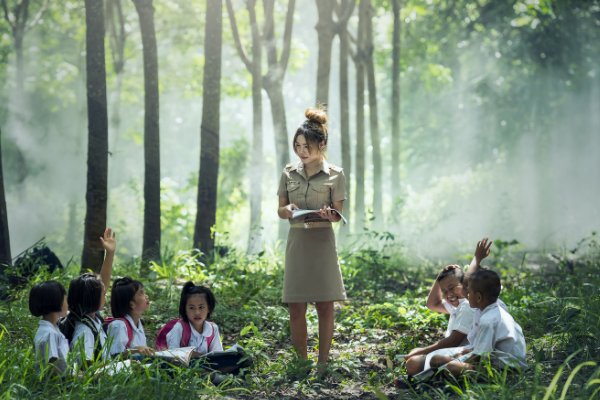
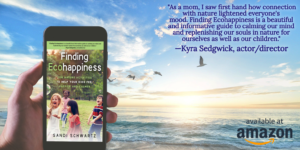
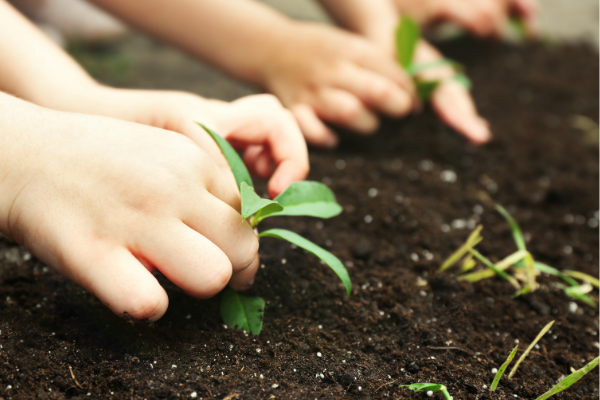
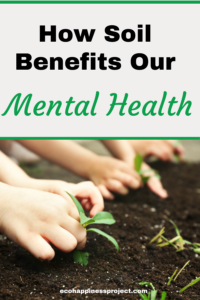 Do you ever encourage your kids to play in the dirt? It is certainly no fun as a parent to have to clean up muddy children after they have been rolling around outside, but now scientists tell us that getting dirty can actually be good for our well-being. According to the
Do you ever encourage your kids to play in the dirt? It is certainly no fun as a parent to have to clean up muddy children after they have been rolling around outside, but now scientists tell us that getting dirty can actually be good for our well-being. According to the 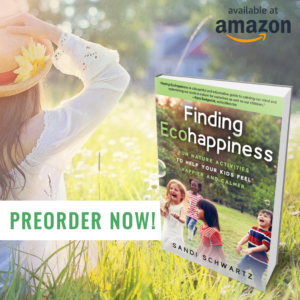

 With all the craziness in the world, it is the perfect time to add more kindness to our world. I truly believe that individuals who are happy inside won’t act out in hateful ways, whether it is blaming others for their problems, bullying, or using violence to express their emotions.
With all the craziness in the world, it is the perfect time to add more kindness to our world. I truly believe that individuals who are happy inside won’t act out in hateful ways, whether it is blaming others for their problems, bullying, or using violence to express their emotions.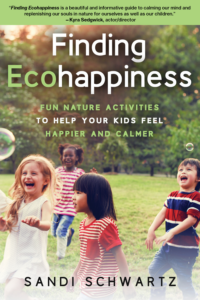
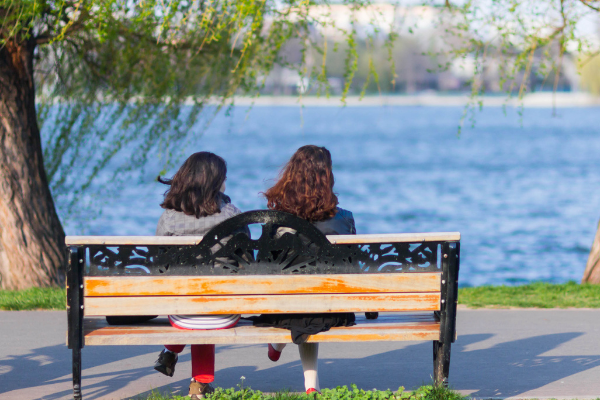
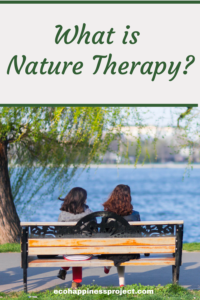

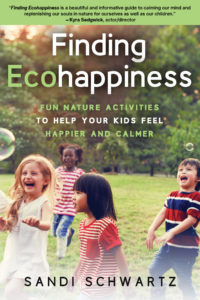





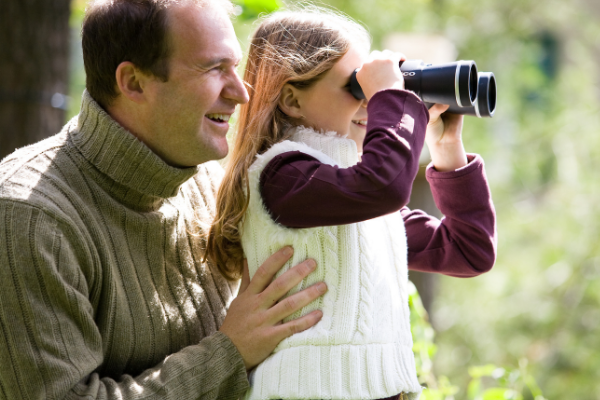

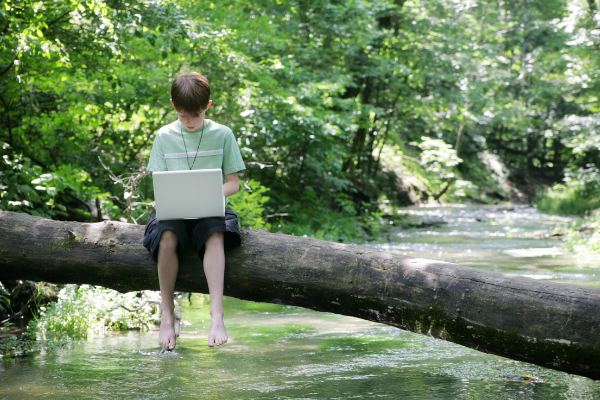




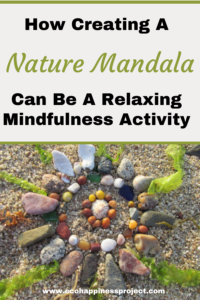

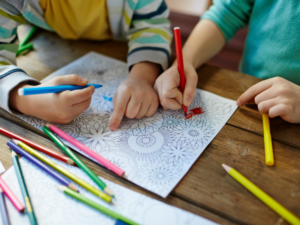
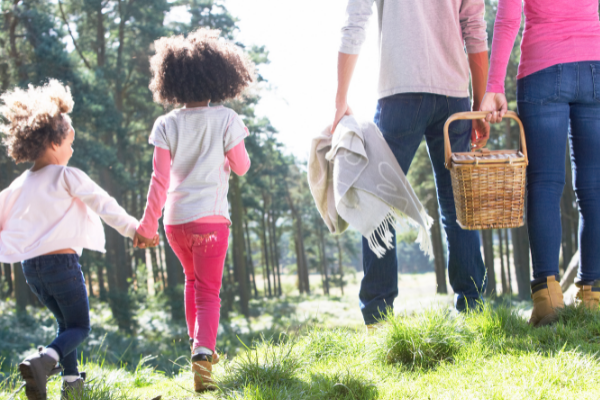
 We know there is a clear link between exercise and stress reduction, and nature and stress reduction. But if we aren’t moving enough or getting outside enough, what happens?
We know there is a clear link between exercise and stress reduction, and nature and stress reduction. But if we aren’t moving enough or getting outside enough, what happens?
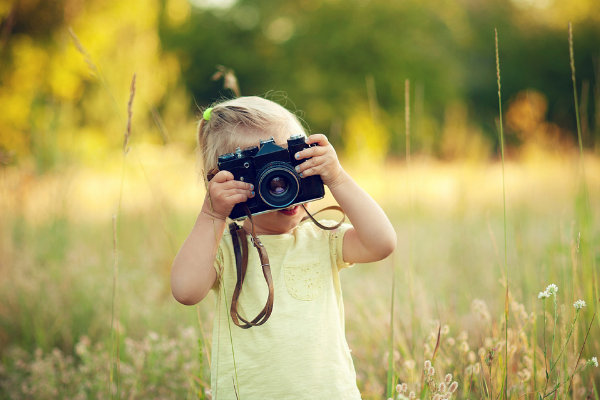
 Looking for a fun, relaxing, creative hobby for your family? With the prevalence of iPhones and iPads, starting a photography hobby is easier than ever. By focusing on outdoor photography, you will reap the many benefits of both connecting to nature and engaging in a creative activity.
Looking for a fun, relaxing, creative hobby for your family? With the prevalence of iPhones and iPads, starting a photography hobby is easier than ever. By focusing on outdoor photography, you will reap the many benefits of both connecting to nature and engaging in a creative activity.






